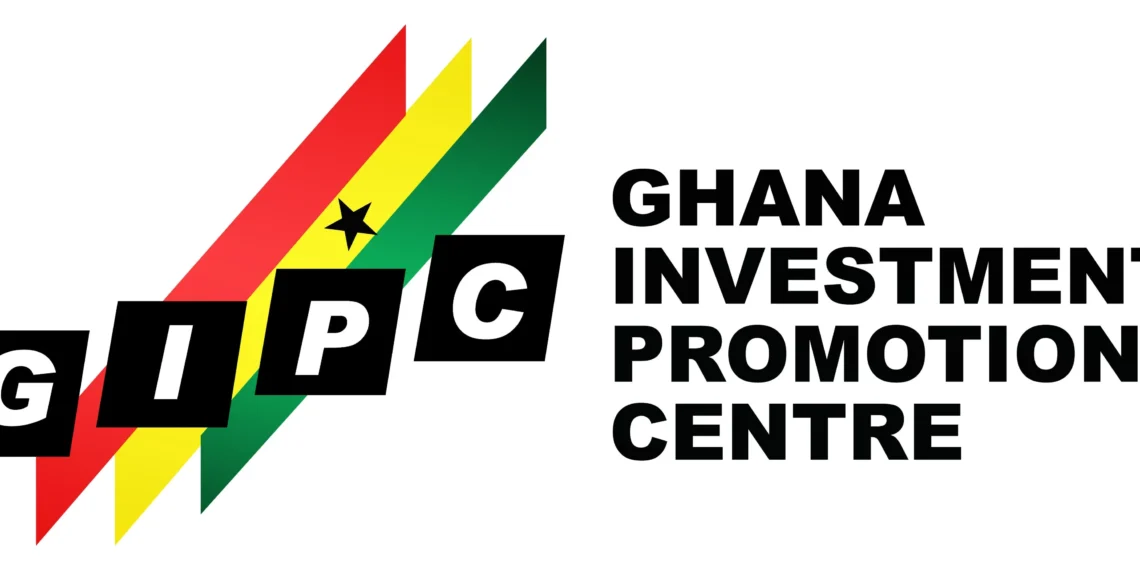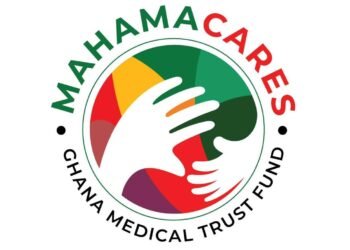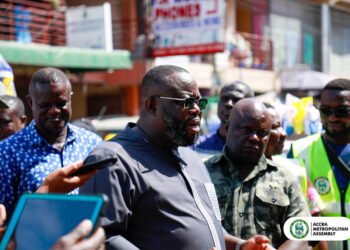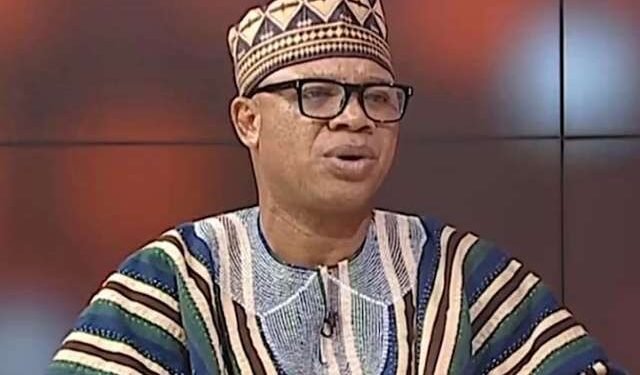The planned amendment of the Ghana Investment Promotion Centre (GIPC) Act by President John Mahama is stirring wide debate in Ghana’s policy and business circles.
The president, speaking in Yokohama at the Ninth Tokyo International Conference on African Development, announced his government’s intention to scrap the long-standing US$1 million minimum-capital requirement for foreign trading companies.
In reviewing the president’s proposal, the IMANI Center for Policy and Education underscored that the one-million-dollar rule has shaped the business environment for over a decade.
According to the think tank, scrapping it could open the doors for more small and medium-sized investors who lacked the capacity to meet the steep financial benchmark.
At the same time, IMANI noted that Ghana’s track record of foreign direct investment (FDI) inflows has been inconsistent. In 2020, net inflows were about US $1.88 billion, rising to US $2.53 billion in 2021, before declining to US $1.43 billion in 2022 and US $1.32 billion in 2023.
“Preliminary data from the Ghana Investment Promotion Centre show registered-project commitments of about US $618 million in 2024, while Bank of Ghana balance-of-payments statistics place actual net inflows at US $265 million in March 2024, averaging US $384 million from March 2021 to March 2024.”
IMANI Center for Policy and Education
IMANI explained that the discrepancy stems from the fact that GIPC records projected investment commitments, while the Bank of Ghana records actual capital inflows using the BPM6 framework. “World Bank analysis further highlights that FDI as a share of GDP peaked above 2 percent in 2021 but has since slipped below 1 percent.”
Introduced in 2013, the Ghana Investment Promotion Centre (GIPC) Act was designed to provide a transparent framework for investment while offering safeguards against expropriation.

It established equity thresholds depending on the nature of foreign participation: US $200,000 for joint ventures with a minimum of 10 percent Ghanaian ownership, US $500,000 for wholly foreign-owned businesses, and US $1 million for trading enterprises that employ at least twenty skilled Ghanaians.
Exceptions were carved out for manufacturing, export firms, portfolio investors, and foreign spouses with long residency. Still, the million-dollar clause has long been seen as a barrier that kept smaller operators out of Ghana’s trading sector.
GIPC Reform Seen As Double-Edged Sword
From IMANI’s perspective, lowering the capital requirement could stimulate export-oriented ventures in agriculture and light manufacturing, leading to innovation, employment, and stronger value chains.
However, the think tank warned that if the reform is not paired with strong local-content obligations and technology-transfer policies, Ghanaian businesses may be exposed to unfair competition.
The issue is not abstract. Over the years, the Ghana Union of Traders Associations (GUTA) has had repeated disputes with the Nigerian Union of Traders Associations in Ghana (NUTAG), particularly over the enforcement of GIPC’s rules.
Complaints often arose in mobile phone and retail markets, where local traders argued that undercapitalised foreign players were undercutting prices.

While GUTA has not yet formally reacted to the president’s announcement, its past protests suggest that it will be quick to respond if it perceives inadequate protection for local businesses.
At the same time, IMANI highlighted that the million-dollar clause has never been the single biggest obstacle to FDI.
“Despite its symbolic weight, the one-million-dollar clause was rarely cited in multilateral assessments as the principal hurdle to FDI. Reports by the Bank of Ghana, the GIPC, and the World Bank’s World Investment Report instead point to macroeconomic volatility, high financing costs, regulatory complexity, and infrastructure deficits—especially in power and transport—as more formidable deterrents.”
IMANI Center for Policy and Education
The think tank stressed that these broader challenges must be addressed alongside legal reform to truly improve Ghana’s attractiveness to investors.
Aligning Reform With National Priorities
Beyond the legal changes, IMANI encouraged the government to match reforms with sectoral priorities. Ghana’s agricultural potential remains immense. Cocoa represents roughly 2.5 percent of GDP and one-quarter of export earnings, supporting nearly 800,000 farmers.
Cassava yields, at more than 19 million tonnes annually, hold promise for processed-food exports. Soybean production is also expanding, with strong prospects in feed-meal industries and oil extraction.
In parallel, Ghana’s mining and energy sectors remain vital. Gold accounts for over 90 percent of mining GDP, while offshore oilfields like Jubilee and Sankofa continue to attract foreign interest.
Infrastructure investment in roads, housing, and renewable energy could further strengthen competitiveness by cutting logistics costs and stabilizing power supplies.

“As Accra moves to amend the GIPC Act, it should preserve other provisions that foster genuine partnerships and local-value creation. Retaining incentives for technology transfer and maintaining minimum equity requirements in strategic subsectors will help channel capital into areas that generate skills, deepen supply chains, and spread benefits nationwide.”
IMANI Center for Policy and Education
For IMANI, this balance between openness and safeguards is critical. The elimination of the one-million-dollar barrier may indeed broaden opportunities for foreign participation, but only if it is backed by policies that protect domestic traders and foster inclusive growth.
Without this, the reform risks triggering fresh tensions between local and foreign operators.
As Ghana prepares for this amendment, the debate is likely to intensify. For supporters, it represents a chance to attract fresh investment and energize new industries.
For skeptics, it is a test of whether Ghana can liberalize its investment rules without undermining its own entrepreneurs.
What is clear is that the GIPC Act will remain at the center of Ghana’s investment climate, and the choices made now could shape the economy for years to come.
READ ALSO: Oil Prices Edge Higher Amid Geopolitical Risks, Despite OPEC+ Output Increase























